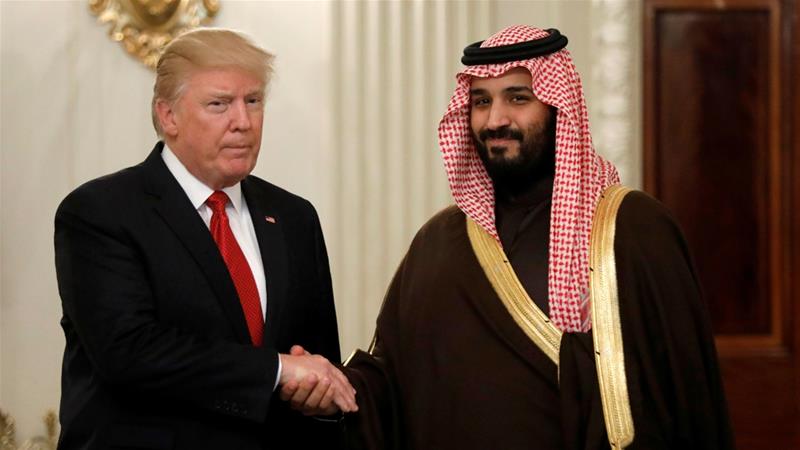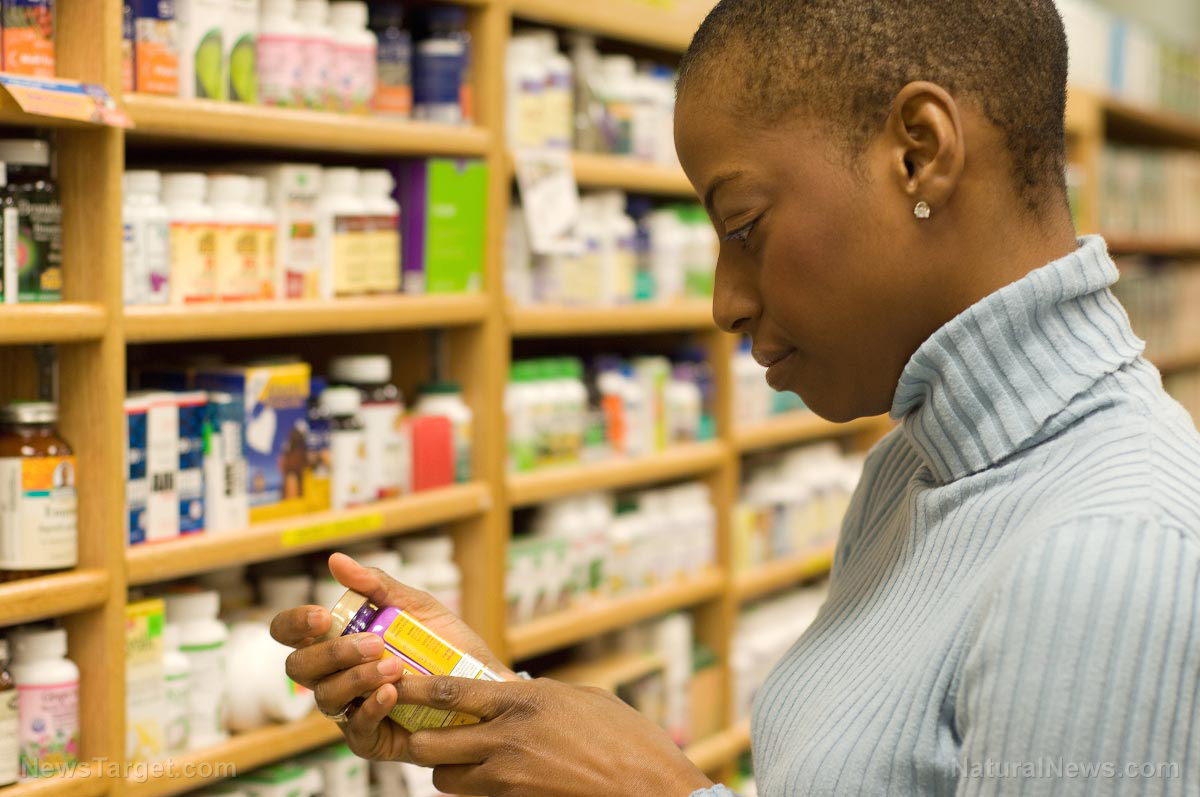
Prince Faisal bin Bandar Al Saud, nephew of King Salman and governor of Riyadh, is currently hospitalized due to health complications from his coronavirus infection. This was confirmed by two doctors with ties to the King Faisal Specialist Hospital in Riyadh, an elite facility known for treating members of the Al Saud clan.
In fact, an internal "high alert" memo sent out by officials from the King Faisal Specialist Hospital basically confirms that the elite facility is preparing as many as 500 beds for an expected influx of infected royals, as well as close allies of the royal family.
"Directives are to be ready for VIPs from around the country," wrote the officials from King Faisal Specialist Hospital in their memo. "We don't know how many cases we will get but [stay on high alert]."
Hospital officials further ordered that all "chronic patients" must be transferred to other hospitals in the area, presumably to avoid having to share hospital resources with non-royal patients, and that only "top urgent cases" would be accepted from thereon out. Furthermore, any sick medical practitioners and hospital staff were not allowed to get treatment at King Faisal Specialist Hospital to make room for the possible arrival of the royals.
According to an anonymous source close to the royal family, as many as 150 members of the Al Saud family have now contracted coronavirus, including members of the House of Saud's lesser branches.
The Saudi royal family is estimated to have about 15,000 members, including thousands of princes, many of whom have deep pockets and routinely go on vacations. Doctors and people close to the royal family believe that several of these royals brought back the coronavirus, where it began to spread among their ranks.
King Salman, 84, has quarantined himself in an island palace near Jeddah, a western Saudi Arabian city on the Red Sea. His son and de facto ruler of the kingdom, Crown Prince Mohammed bin Salman, 34, has similarly isolated himself along with several ministers in a remote site in the country's northwest, in a location where he has promised to build the futuristic city of Neom.
Worst is yet to come for Saudi Arabia
As of press time, Saudi Arabia has 3,287 confirmed cases of COVID-19, including 44 deaths and 666 recoveries. Saudi Arabia reacted quickly to the coronavirus pandemic. The country began restricting travel into the kingdom several days before it reported its first case of COVID-19 on March 2.
How the virus initially spread inside the kingdom is impossible to determine. However, the country's first officially acknowledged case was of a Saudi who visited Iran, the epicenter of the COVID-19 pandemic in the Middle East. After similar cases were detected, most coming from Saudis who visited Iran, the kingdom promptly locked down many areas in the country's eastern province, which is home to a significant Shia Muslim minority. Authorities deemed that they were more likely to visit Iran, a majority Shia country.
Many of the country's largest cities have been placed under a strict 24-hour lockdown, with exceptions for trips to the grocery and the pharmacy. The country's land and air borders, as well as its interregional borders, have also been shut down. The kingdom has even indicated that there's a chance that they will cancel the annual hajj pilgrimage, which begins in late July and draws in over 2.5 million Muslim pilgrims to the holy city of Mecca.
While the King and the Crown Prince may be safe, the Saudi Minister of Health said on Tuesday that the worst is yet to come for the kingdom.
"Within the next few weeks, studies predict the number of infections will range from a minimum of 10,000 to a maximum of 200,000," said Tawfiq al-Rabiah, according to the state-controlled Saudi Press Agency.
Three doctors working for the kingdom have said that a significant portion of the country's infected cases were taking place among non-Saudis. Migrant workers from South and Southeast Asia, as well as less affluent Arab countries make up around a third of the country's population of 33 million people. Many of these migrant workers live in cramped conditions and must commute using public transport, ideal for a virus that is spread through bodily fluids.
Furthermore, Minister Al-Rabiah berated the response of many Saudi citizens to the crisis, urging people to closely adhere to state directives.
"We stand today at a decisive moment as a society in raising our sense of responsibility and contributing together with determination to stop the spread of this pandemic," said Al-Rabiah.
Along with this announcement, King Salman approved the release of 7 billion riyals ($1.86 billion) for the Ministry of Health to combat the disease. Another 32 billion riyals ($8.5 billion) are on standby and can be released before the end of the year if need be.
Spread of virus among Al Saud clan may have affected country's pandemic policy
According to an expert on Saudi Arabia, the spread of the virus among members of the royal family may have influenced the country's quick response to the pandemic.
"If it is reaching into the family, then it becomes an urgent issue," said Kristian Coates Ulrichsen, an analyst and a professor at Rice University. This may be seen in the way the country is currently treating its migrant population.
Recognizing the appalling living and working conditions of its nearly 11 million migrant workers, King Salman decreed that the government would be providing COVID-19 treatment for foreigners, regardless of their visa or residency status.
On Wednesday, Saudi Arabia officially declared a cease-fire in their five-year-long conflict in Yemen. This signals that the country may be having a hard time fighting a war on two fronts – in Yemen and in its own borders with the coronavirus.
Accordingly, the pandemic may also benefit the power plays of Mohammed bin Salman (MBS), who has served as the country's crown prince and de facto ruler since 2017. Since his ascension to his current role, MBS has moved ruthlessly to secure his power.
In early March 2020, just as the country was responding to the growing global coronavirus pandemic, many senior royals and top government officials were detained in what many observers believe is MBS' latest effort to consolidate power.
Now, with over 150 members of the royal family, including the governor of Riyadh – a position King Salman himself held before ascending to the throne – incapacitated due to COVID-19, the future of the country looks even more uncertain. The fate of MBS' own ambitious social and economic transformation program known as "Vision 2030" has been called into question due to the effects of the pandemic on social life and economic activity.
While it remains to be seen what Saudi Arabia's future will look like after COVID-19, if MBS uses the pandemic to his advantage, he's likely to secure even more power in a royal family that has been plagued with internal strife since MBS' rise to power.
Sources include:
Please contact us for more information.























